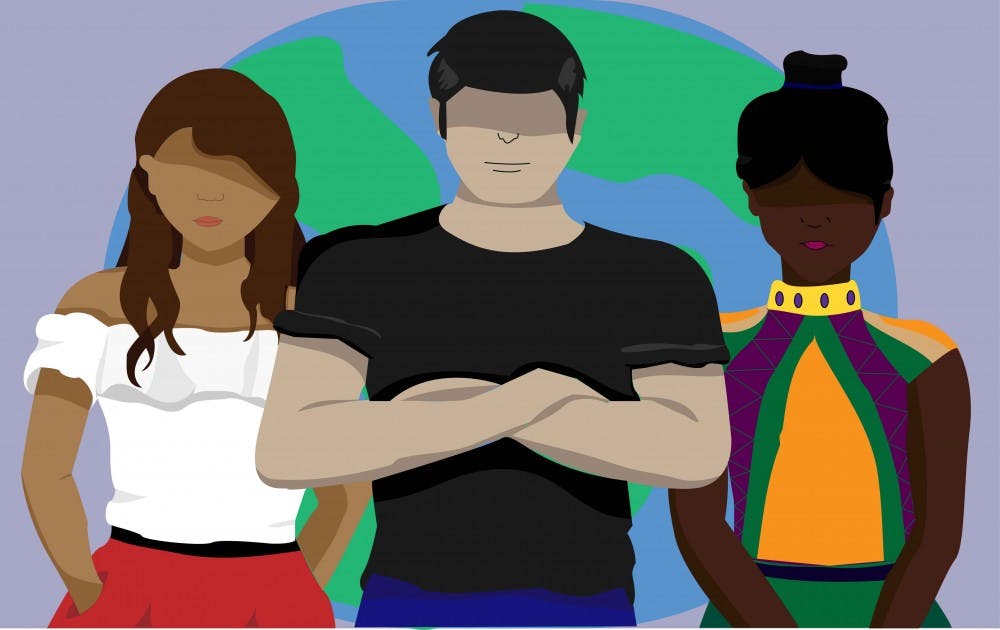"I don't culturally appropriate. Do I?"
This is a thought many students may be faced with when they arrive on campus, whether they are a person of color or not.
By definition, cultural appropriation is "the act of taking or using things from a culture that is not your own, especially without showing that you understand or respect this culture."
There is a solution to remedy ignorance within the ASU student body. The University offers a plethora of classes that cover and educate students on the harmful effects of cultural appropriation.
For example, there are many courses within the School of Social Transformation on topics such as Native culture, Black culture, racism, gender and intersectionality. These classes provide students with tools to educate themselves on why they need to be culturally and socially conscious of their actions.
Being a student at one of the largest public universities is an advantage to students who want to know more about sensitive topics because ASU is equipped with professors and lecturers who are passionate and reliable.
Some may argue that people can simply look up the definition of cultural appropriation and go by what a website has to say. However, through classes, students are able to learn how cultural appropriation actively contributes to the system of oppression built to offer advantages to only the dominant culture.
Being culturally conscious is beneficial not only for society as a whole but also for an individual. When looking for a job in a selective work force, or interacting with a co-worker, it helps to know what is appropriate to say.
Through social media, we have seen examples of people under fire for cultural appropriation and how it can destroy one's career and reputation.
Students may be surprised to learn that certain aspects of their daily lives, such as yoga, can be a form of cultural appropriation if they're not educated on their origins. This also includes hanging up dream catchers as decoration and getting henna done as a fun past time.
Elizabeth McNeil, an instructor for languages and cultures at the College of Integrative Sciences and Arts, said that cultural appropriation contributes to the oppression of marginalized communities through the "denial of a particular history" and cultural identity.
McNeil said if somebody is ignorantly taking aspects of another culture, then they are "definitely removed from any kind of historical and cultural context (and) then we’re not human beings, to one another. We can’t enrich each other if we’re not cognizant."
With many classes available to any student, the best way to know the context of situations is through classes that teach the value and the importance of being socially aware.
Reach the reporter at ajmistry@asu.edu or follow @jay_mistry52 on Twitter.
Editor’s note: The opinions presented in this column are the author’s and do not imply any endorsement from The State Press or its editors.
Want to join the conversation? Send an email to opiniondesk.statepress@gmail.com. Keep letters under 500 words and be sure to include your university affiliation. Anonymity will not be granted.
Like The State Press on Facebook and follow @statepress on Twitter.




